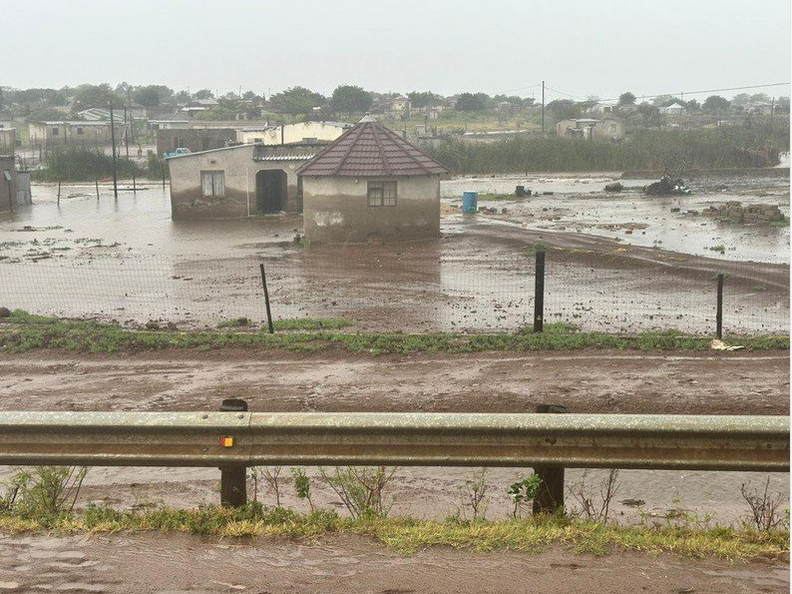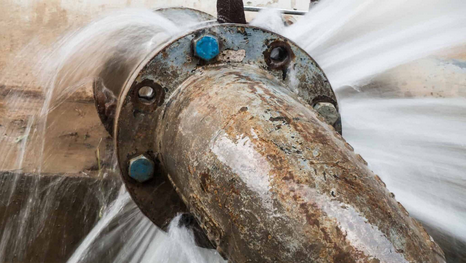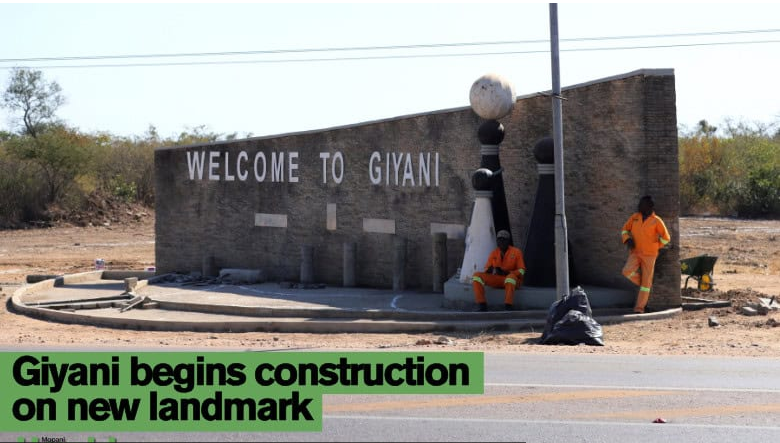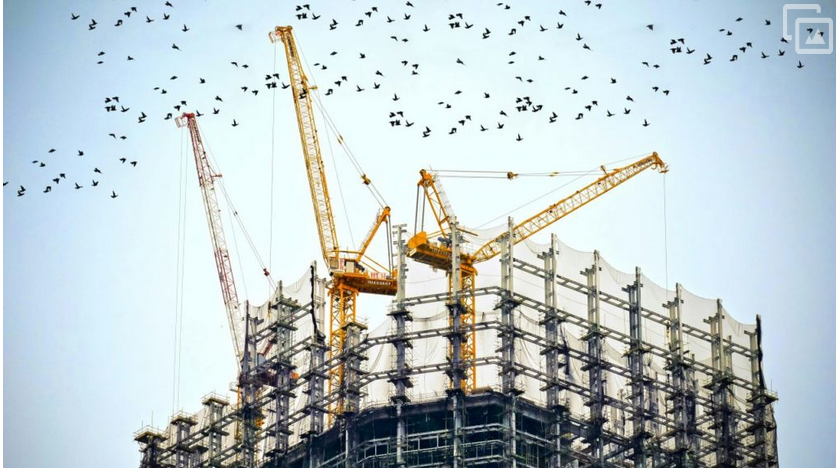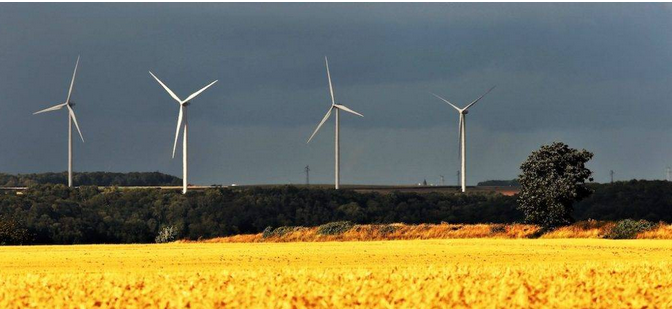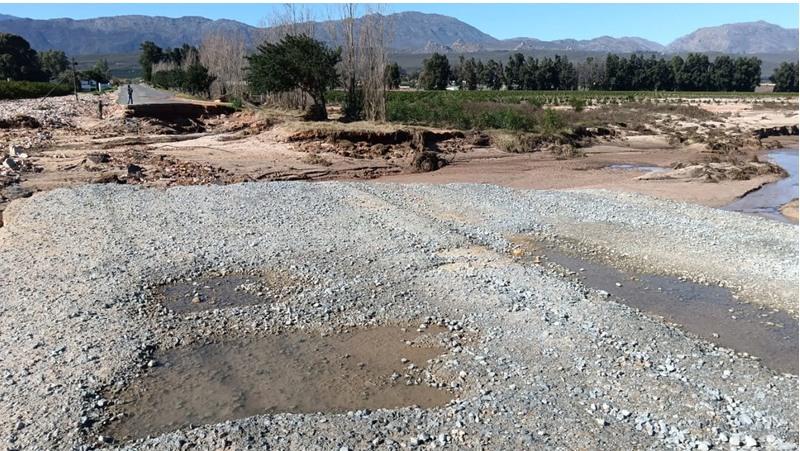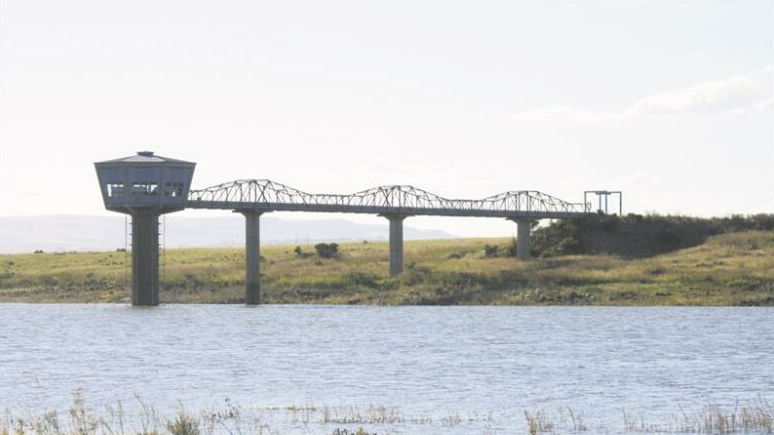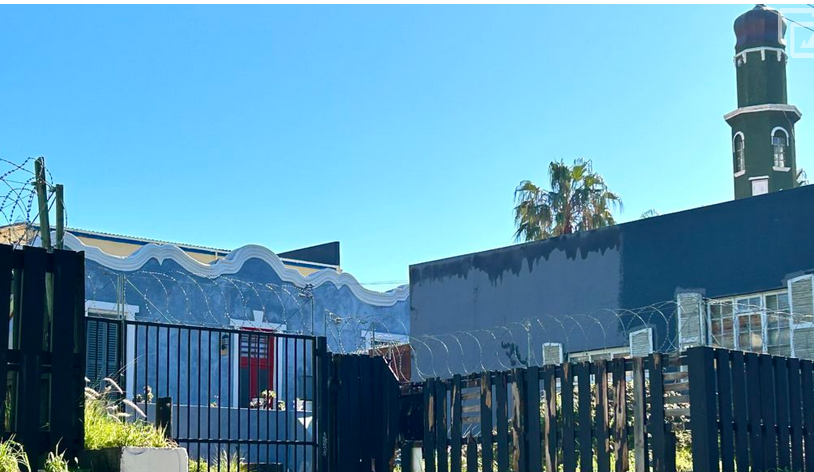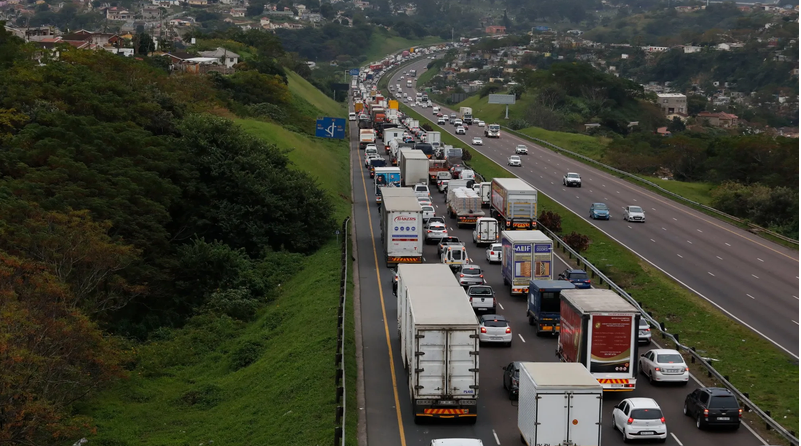‘Over R7 billion needed to repair Mangaung Metro’s roads’
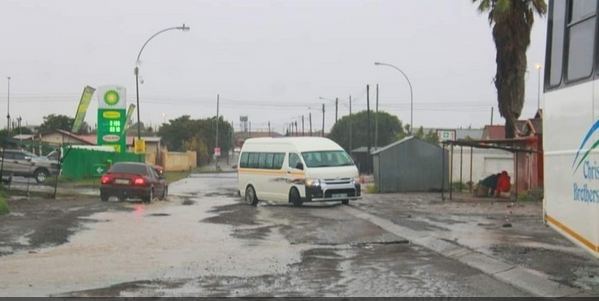
Advertising
12-05-2025
Read : 107 times
OFM
Source
Mangaung Metro faces a daunting road infrastructure crisis. More than R7 billion is needed to fix its pothole-ridden and deteriorating streets.
Mayor Gregory Nthatisi revealed this during a media briefing at the Bram Fischer Building on Friday (9/5), where he outlined the metro’s severe service delivery and financial challenges.
“To fix all our roads, which account for 1,600 km of tarred roads that are in a bad state (and many roads that are made out of gravel that are also in need of attention), to deal with that, all in all we’ll need a total of R7.5 billion to address the issues of those roads,” Nthatisi stated.
The mayor’s remarks come amid mounting pressure on Mangaung and the neighbouring Masilonyana Municipality, both of which have drawn harsh criticism for poor service delivery from parliament. Residents have long voiced frustrations over decaying infrastructure, unreliable services, and a lack of municipal responsiveness.
The gravity of the situation was echoed by Sue-Ellen Steenbok, Deputy Business Unit Leader at the Auditor-General’s Office in the Free State, who painted a grim picture of the metro’s financial management.
She said while Mangaung operates with a R6 billion budget, only R792 million is allocated to capital expenditure. “For a metro needing to deal with infrastructure problems, you will see that actually they are not spending enough on infrastructure.
“So in terms of national treasury and provincial treasury, the metro did have a funded budget, at least they ticked that box. However, what we see does come through, is the increased number of unauthorised expenditure. The capital expenditure is below the norm. Their spending on maintenance and repairs is only 2% when the national treasury indicates that it should be 8%.”
She also noted Mangaung is currently classified as non-investment grade, burdened with a high credit risk, making it difficult and costly to secure loans from financial institutions.
Nthatisi acknowledged the depth of the crisis but emphasised that improvements have started since the new administration and heads of departments took office.
He outlined that, apart from the R7.5 billion required for roads, an additional R3.1 billion is needed to fix the municipality’s failing water infrastructure.
Nthatisi also referenced the administrative intervention from national government, explaining the expected transition from Section 139(7), which placed Mangaung under administration, to Section 154, which would allow for further national support.
“Section 154 kindles the national government to come and intervene in sections where Mangaung do not have resources to cover,” he explained.
Despite the bleak fiscal outlook, Nthatisi expressed cautious optimism, insisting that with continued support and oversight, Mangaung Metro could be steered back toward stability and accountability.
Recent News
Here are recent news articles from the Building and Construction Industry.
Have you signed up for your free copy yet?
